Research Outline: Competency Management and Employee Performance
VerifiedAdded on 2019/12/03
|6
|898
|210
Report
AI Summary
This research outline systematically investigates the impact of competency management on employee performance, specifically within the context of Accenture, a leading IT company. The study explores the critical role of competency management in attracting, developing, and retaining skilled employees. It addresses the increasing market demand for talented individuals and the challenges organizations face in optimizing employee output. The research rationale highlights the importance of competency management in enhancing employee performance, fostering a competitive environment, and contributing to overall organizational growth. The outline includes an introduction, research rationale, and references, providing a comprehensive framework for analyzing the strategies and measures that organizations employ to manage and develop their workforce in the IT sector. The study aims to shed light on the factors that contribute to Accenture's competitive edge and stability, offering valuable insights for both management and human resource professionals.
1 out of 6
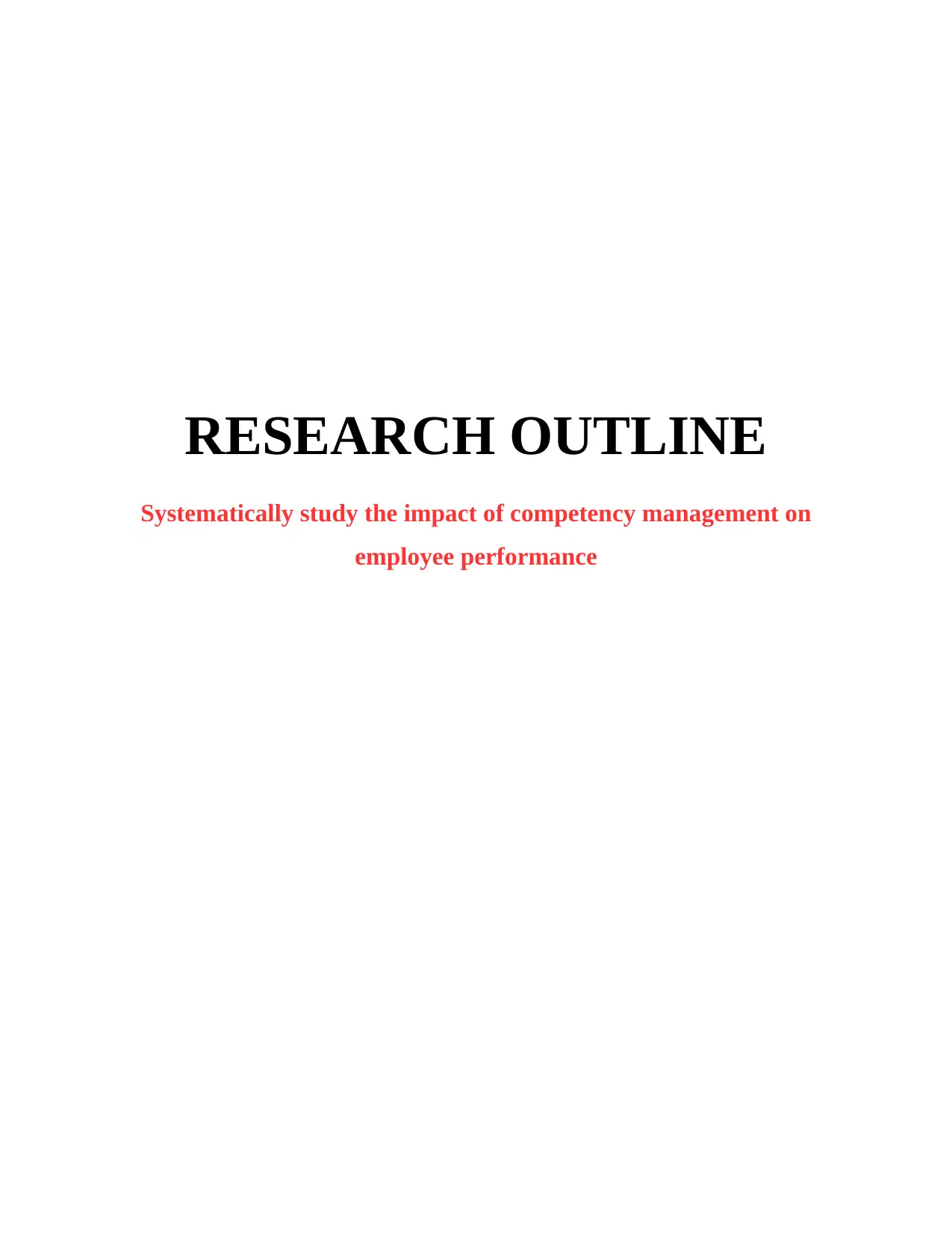
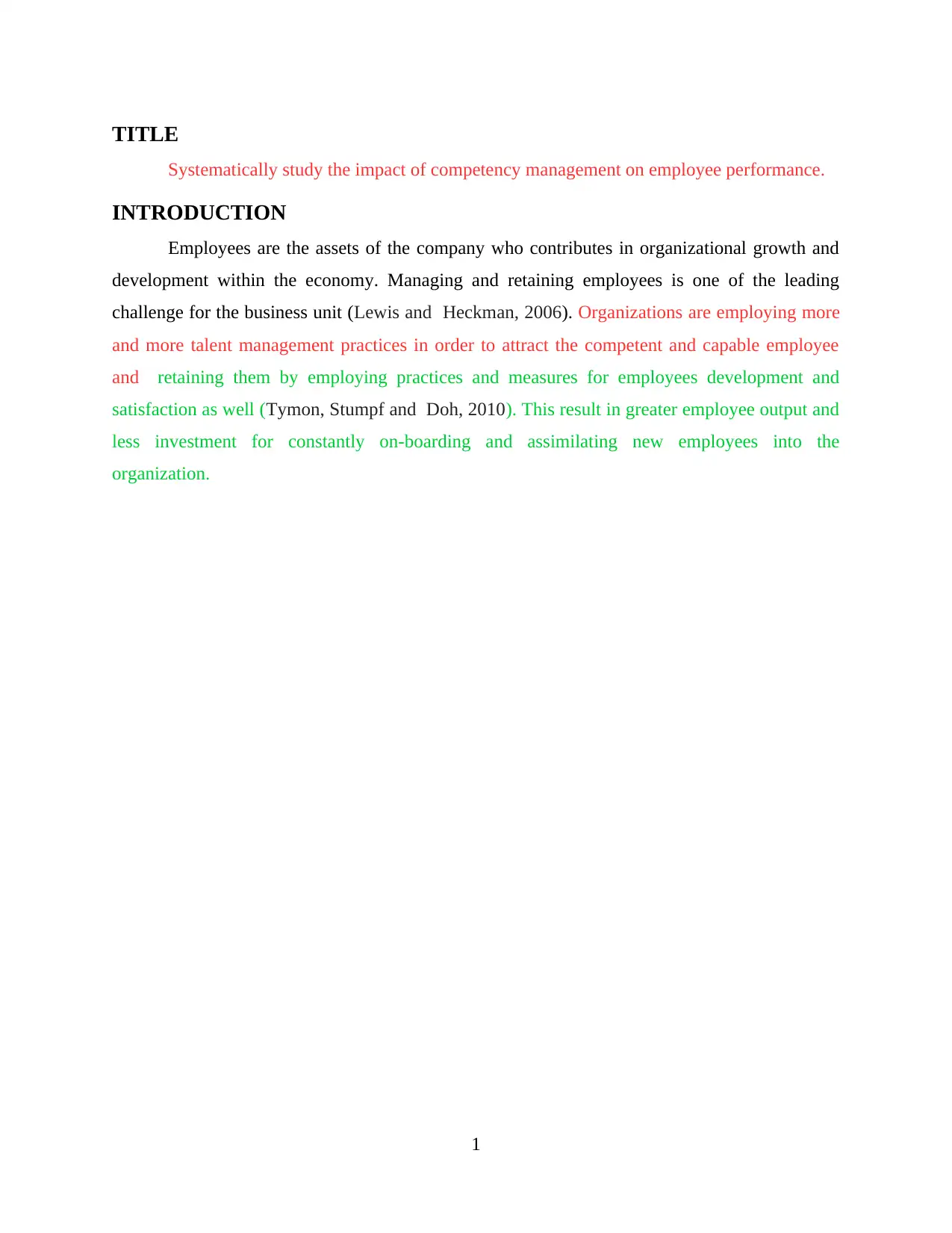
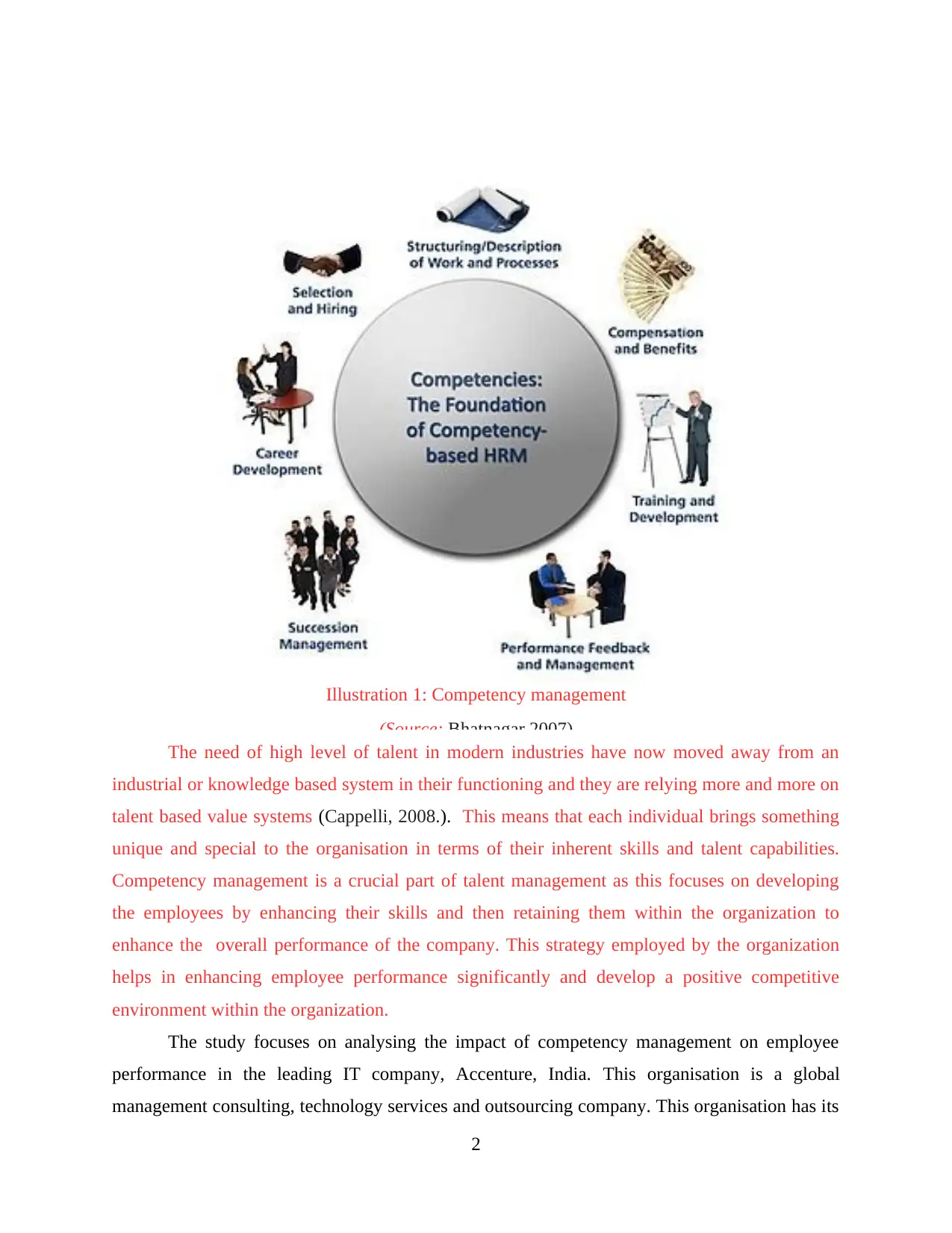

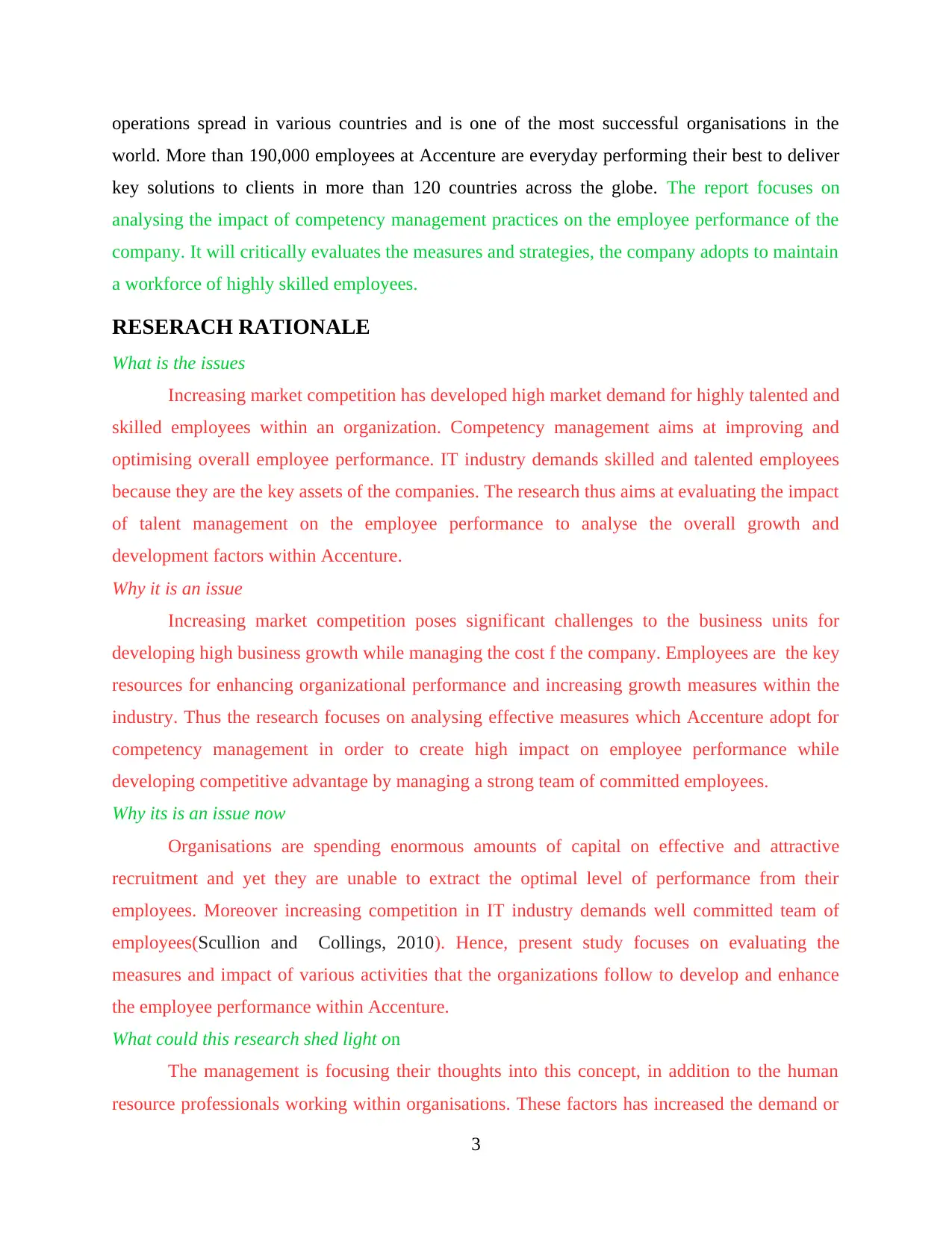
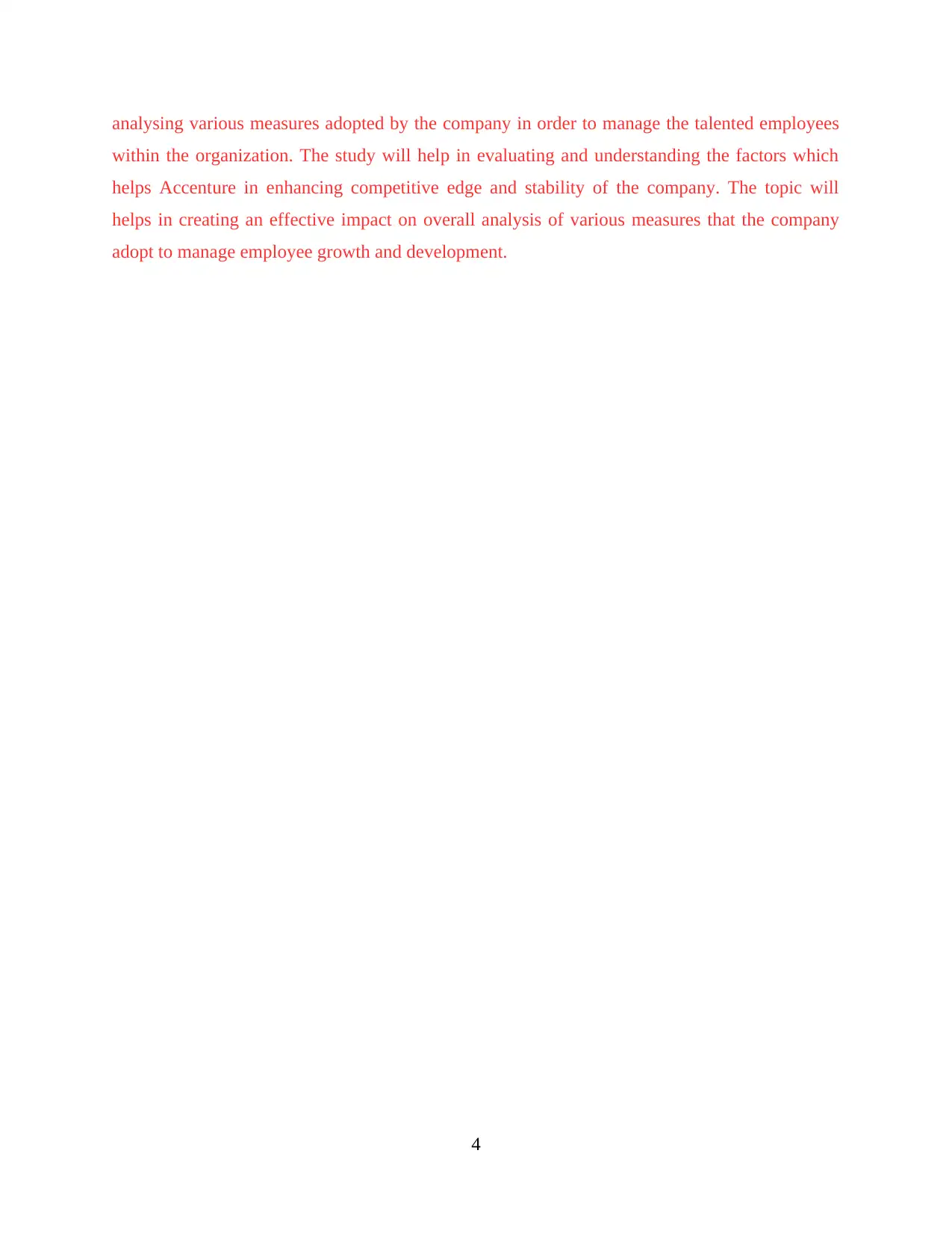
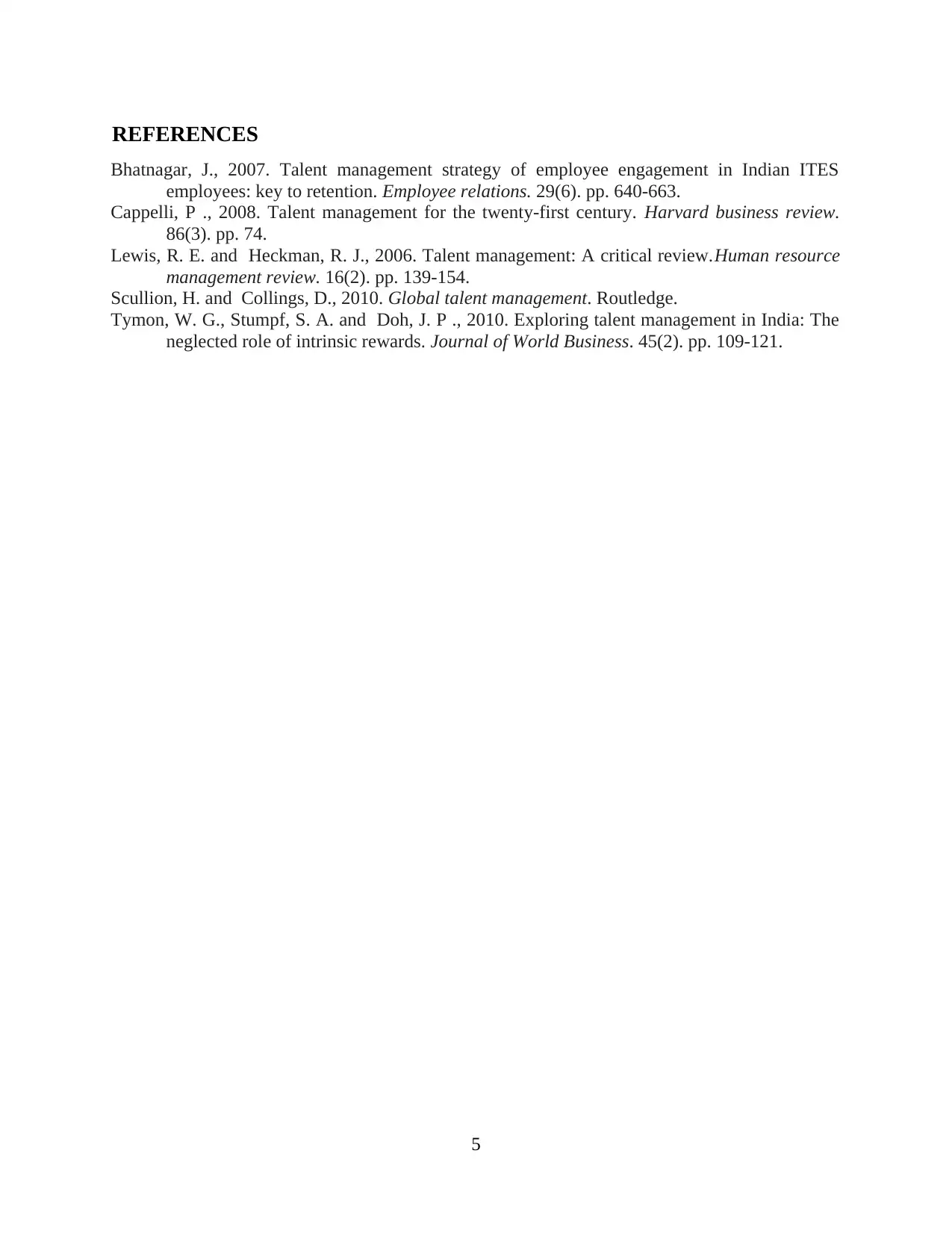






![[object Object]](/_next/static/media/star-bottom.7253800d.svg)